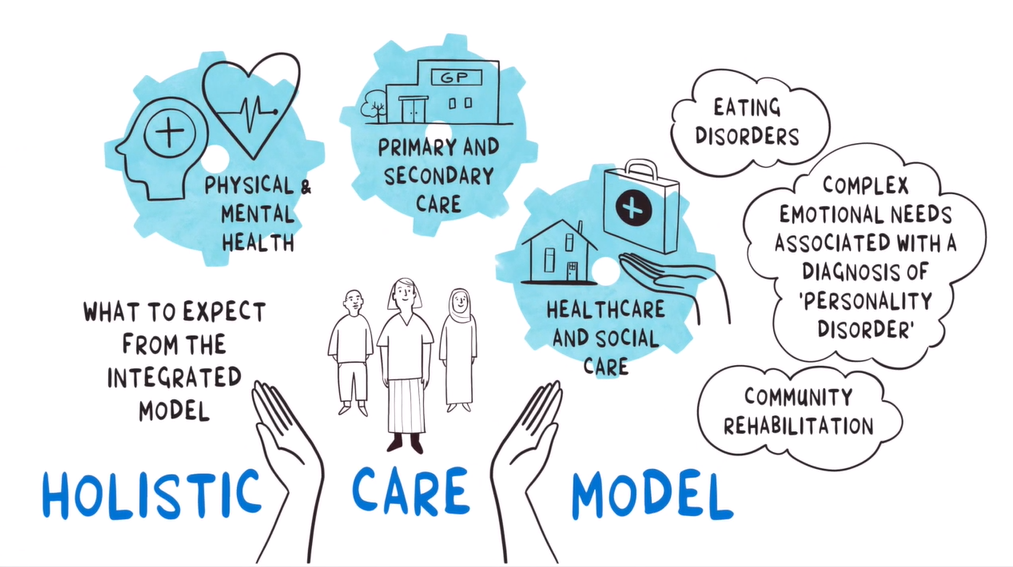Introduction
- Begin with something real, a story by a person who understands how it feels to have a disabled sibling.
- Explain the “heartbreak,” especially for those who have a sibling who has a disease. It’s a complicated, intricate, and often times, lonely experience.
- What do you expect to read? How mental illness affects the family relationships, how can it be managed, and what help is available.
The Family’s Perspective of Mental Illness
- Mental Illness Definition: Identify and briefly review and risky mental health conditions disorder like depression and anxiety, schizophrenia and bipolar disorder and how these conditions may be expressed in diverse individuals.
- The Effects of Mental Illness in a Sibling: Make sure that a mental illness disorder of a sibling’s affects one person but the family as a whole.
- Explain basic statistics for instance young adults mental illness prevalence and the family relations.
A Sibling Relationship: Having A Sibling Relationship Is Uniquely Different
- The Importance of the Sibling Relationship: Explain the closeness in which siblings have gathered and appreciate their to be there for one another.
- Changing the Order of Things: A sibling’s mental illness problem may pit them against each other especially where one sibling tends to require more attention and comes across other sibling who willingly turns into a caretaker.
- Highlighting the Goal: Quotes or situations where siblings affected by mental issues work it out among themselves, however difficult it may seem in the beginning can be included in this section.
Siblings’ Emotional Struggles – A Permanent Dislocation
- Being Apathetic – subject yourself to heartbreak, guilt, helplessness, frustration or even resentment without really offering full understanding.
- Sense of Responsibility – Many siblings tend to take excessive responsibility as well as experience heavy sense of oppression due to the fact that there were siblings have done something that could have prevented something or helped in a better way.
- Siblings. Describing Losses through a Disease: It does feel like a loss when a sibling suffers mental disorder hence changes completely and with time comes a survivor’s grief.
- Feelings of rage and love towards a single relationship: Siblings are left in between frustration and wanting or even love for the specific relationship making a resentment that they’re expected to feel guilty for.
Outcomes on How You Treat the Pain of the Heart and the Sorrowful Shadows
- Finding a Therapist that’s Right for You: Illustrate how individual therapy helps to keep emotions in check and mitigate how one reacts in difficult circumstances.
- Physical Exercise and other Self Care Strategies: Methods like stress relieving exercises sleeping well, journaling, practicing mindfulness and others to adequately manage stress effectively.
Support Systems Outside the Family: It is important to let them know that other friends, groups, or online forums, if any, can help them put things in perspective.
Supporting a Sibling with a Mental Illness
Understanding What They’re Going Through: Find out more about their specific illness so as to be able to help them better.
Open Communication: Help them come across their narrative while being truly non-judgmental yet suggest boundaries where one feels uncomfortable about how much they want to share.
Encouraging Treatment and Support: Illustrate to the readers ways of suggesting professional help without being overbearing, while also incorporating empathy, and avoiding the “fixer” mentality.
Creating a Positive Environment: Ask the siblings to appreciate the little things and emphasize the need for a constructive outlook and emotional support in the house.
- Setting Boundaries and Protecting Your Own Mental Health
Why Boundaries Are Essential: State that it’s easy to feel that helping someone is the right thing but the pressure has limits and it can become rather exhausting.
Examples of Healthy Boundaries: Recommendations include predetermined times to call and check in with each other, times and activities outside the relationship, and never sacrificing one’s health.
Communicating Boundaries Compassionately: Propose words to use, and strategies to implement when boundaries must be set without leaving any sense of guilt.The Significance of Therapy and Support Groups
- Seeking Professional Therapy: Clarify the need of therapy for the mentally ill and their brothers and sisters/ family members.
- Support groups for siblings: Provide information about existing local or online sources of sibling support within the areas where they reside.
- Functions of Support Groups: Explain in what way support groups assist people through providing emotional relief, social support, or coping skills that they cannot find elsewhere.
Searching for possibilities and cultivating strength
- Encouraging Growth: Suggest readers to appreciate phases of development or persistence and even comedy which may seem out of place smile on the struggles faced.
- Sibling stories of resilience or Sibling story of recovery: Add factual or imaginary examples of siblings’ withstanding a close bond, or achieving peace in spite of the strife which exists.
- Accomplishing Gratitude and Growth Mindset: Give ideas on the appreciation such as keeping a journal to recount some positive experiences with the sibling that would aid keep one emotionally healthy.
Conclusion
- Honoring the Process: Assure readers that their feelings do make sense and it is entirely normal to experience such variation or contradictions.
- Notes of Support: Begin by wishing the audience the best and telling them to reach out for help due to their prowess in being there for someone.
- More Resources: Provide links to mental health resources, hotlines, and exemplary organizations for further help.


